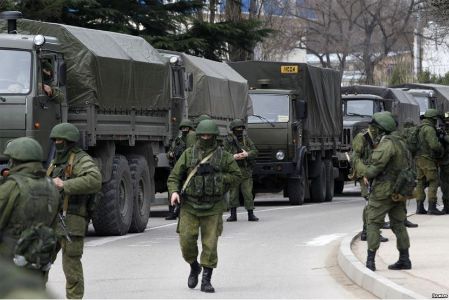
-
Published: 21 September 2022

Stressing that Russia will defend itself with all the strength it has achieved in its huge arsenal if it faces a threat from the West, for the first time since the Second World War,
Russian President Vladimir Putin ordered partial military mobilization, in a move counted by analysts under two scenarios as either "an attempt to pressure the West" to end the war with gains and conditions, or as it "pursues the policy of the scorched Earth."
This comes hours after 4 pro-Moscow regions in Ukraine announced referendums from September 23 -27 aimed at joining Russia sparked outrage and widespread Western criticism.
In response, Czech-Canadian international analyst Mitchell Belfer said Russia's partial mobilization came at a time when momentum was being lost following Ukraine's highly successful counter-attacks in the east of the country.
Belfer, director of a think tank in Rome, added that "the decision carries two implications either that Russia exhausted its paperwork after the losses it suffered and seeks to accelerate talks by increasing pressure on Ukraine and the West to come out with the best gains, or that it pursues a scorched-earth policy that increases concerns about the use of nuclear weapons under the West's unlimited support."
"Russia is afraid of internal anger" according to Belfer, who stressed that "this is likely to backfire, because once you commit civilians to a war zone, you also have to confront the protests of their families and loved ones, and the more body bags that will return to Russia as a result of the mobilization, the more pressure will be put on the Kremlin to end this wrong conflict."
He considered that "the holding of referendums through Donbass and Luhansk is aimed at trying to provide a degree of legitimacy for the invasion of the Russian elite in the Kremlin. But there is no legitimacy in the invasion that has ever been unjustified ".
